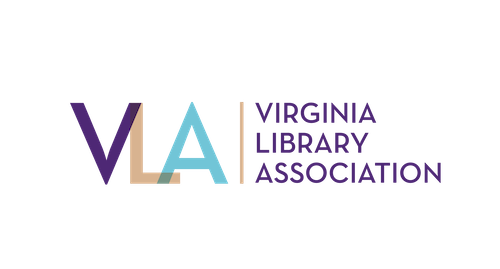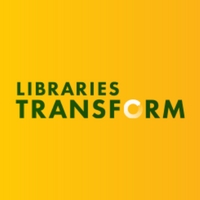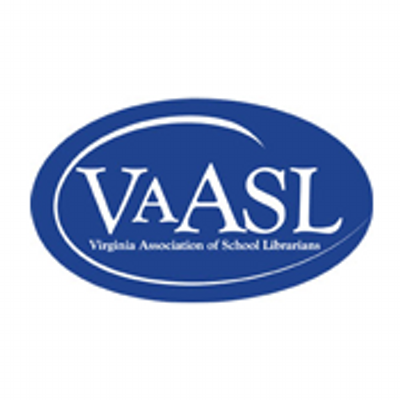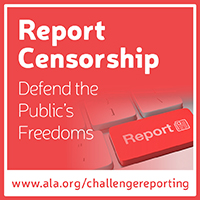- Home
- About
- Committees
- Forums
- Join
- Professional Development
- Careers
- VLA Events
- Donate
Intellectual Freedom Committee Statement June 2023Statement on Recent Trends in Demands for the Removal of Library Materials
These groups employ shock tactics, for example, attending local school and municipal board meetings reading passages that depict or imply sexual activity, claiming such passages constitute “pornography” or “obscenity.” They identify dozens of titles with such content, without providing literary context or acknowledging that these titles represent a tiny portion of the entire collection. The books in question disproportionately represent LGBTQ+ experiences, and the accusations against them reflect slurs long used against the LGBTQ+ community, contributing to a climate increasingly hostile to LGBTQ+ Americans. Some parents participating in the challenges object to any positive depictions of LGBTQ+ characters and demand the removal of books lacking any sexually explicit content such as And Tango Makes Three and Heather Has Two Mommies. Some groups involved in the current wave of challenges warn their members that, "Some of the books have explicit content, some of the books are normalization books." School boards in Virginia have begun setting vague criteria for the removal of books, like “pervasively vulgar” (Spotsylvania County) and “controversial” (Hanover County). Titles identified as containing “explicit sexual conduct” have included Anne of Green Gables (on Hampton School District's high school reading list). These examples demonstrate the problematic nature of trying to apply legal definitions of “sexually explicit conduct” to literary works, as well as would-be censors’ desire to remove books addressing “controversial topics” such as police violence or experiences with racism as described by authors of color. The demands of censors tend to grow with each success they meet. On the 70th anniversary of the Freedom to Read Statement, the Virginia Library Association urges Virginians to raise their voices with equal determination if they want to preserve the freedom to access and read a wide range of ideas inclusive of all community members. The Freedom to Read is essential to our democracy. It is vital that we are able to make up our own minds about what we choose to read and what we think about it. Without access there is no way to make the choice. The book challengers claim to speak for the majority but in fact it is just a few individuals submitting many challenges. Some politicians at the local and state level are supporting censorship campaigns as stepping stones in their political careers— increasing the probability that a growing number of books will be targeted for removal as has happened in Florida and several other states. This is not a library or school issue; it’s an American one.
|



